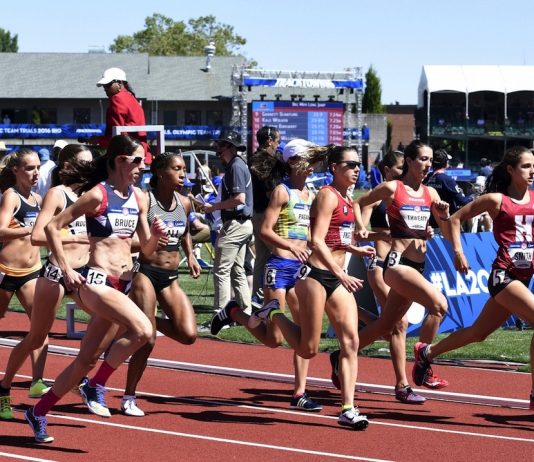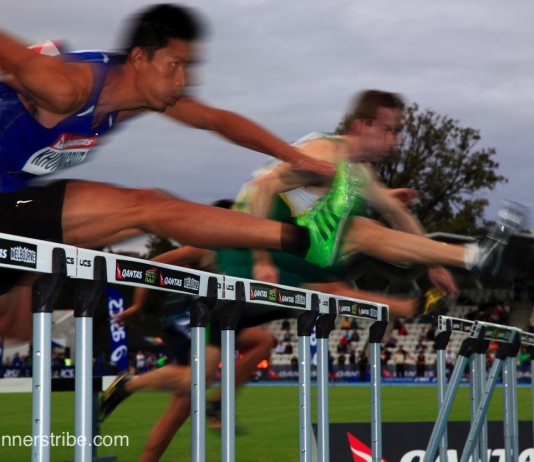Running & depression
By Steve Magness from 'The Science of Running'
http://www.scienceofrunning.com/
In high school, my coach would often laugh at the duration of my post-season breaks. It normally would constitute a day or two and then back to the mileage grind. In college, things didn’t change much as I became notorious...
By Daniel Quin – Runner’s Tribe
There is a certain comfort in doing something when injured. Most athletes are familiar with ice, tape, therabands, strengthening exercises, balance plates, water-running belts, and I even have a repurposed dogball. Each of these tools help to provide structure for rehabilitation and a physiotherapist...
Depression and Running: Written by Amity Delaney
Mental illnesses do not discriminate. They can affect anyone at any time and athletes are no exception. Depression and running work together in two ways. On the one hand, certain aspects about being an elite athlete and training for running can potentially increase...
David McNeill - Runner's Tribe
I recently had dinner with two dear friends, Benny and Rich. Our reunions are relatively few and far between, given Benny is in Sydney, and Rich lives on the other side of the (Yarra) river…far too far away for a comfy northsider. But in the...
Preparing for a 100-mile race isn't solely about physical training; it's a mental marathon as much as a physical one. It demands confronting weaknesses and mastering mental resilience as much as physical endurance, a lesson learned during my own Leadville 100 journey. Here, are the three mental exercises pivotal in readying oneself for the daunting distance.
Numerous sports enthusiasts share a common aspiration to relocate to greater altitudes, enticed by the tranquil mountain settings and the belief that these locations are the ideal backdrop for dwelling and training. However, as they embark on this journey, they may encounter unforeseen challenges that extend beyond physical performance...
Two and a half decades ago, a defining study in 1997 involving 236 age-group swimmers introduced us to the concept of athlete burnout. It unveiled a mental health disorder characterized by emotional and physical exhaustion, dwindling achievements, and a fading passion for the sport. These symptoms align remarkably well with the definition of occupational burnout. These dimensions can affect athletes to varying degrees.
It is crucial to investigate the underlying psychological dynamics motivating long-distance runners' resolve in the modern world, where the attractiveness of endurance sports is expanding. The International Journal of Sport and Exercise Psychology recently published an investigation that sheds light on the complex relationship between extreme complications from ultramarathons, stays in intensive care units, exercise dependency, and the unique personality traits of athletes. This analysis highlights the fact that, despite trail and ultrarunning being frequently seen as admirable endeavors, some athletes push these hobbies to the limit, leading to serious medical consequences.
For many runners, crossing the finish line as quickly as possible is the ultimate goal. But for some, simply crossing the line before the organizers pack up and leave is enough. In a culture that celebrates speed and power, being a slow runner often comes with little glory. But slow runners have found that there is something special about putting aside their watches and focusing on the experience of running, rather than just the time it takes to finish.
ASICS study shows exercise has the power to sharpen even the brightest minds and improve mental performance
Runnerstribe Admin -
In a ground-breaking global study, inactive gamers who increased exercise levels sawtheir cognitive function, wellbeing and gaming performance dramatically improve.Could exercise be the key to boosting brain power?












